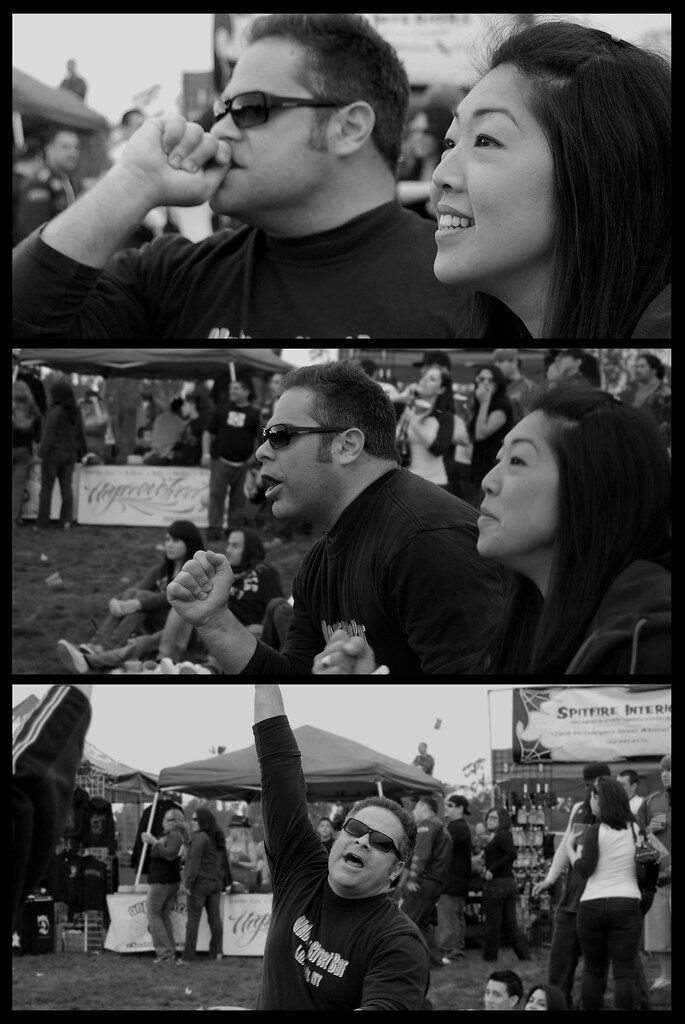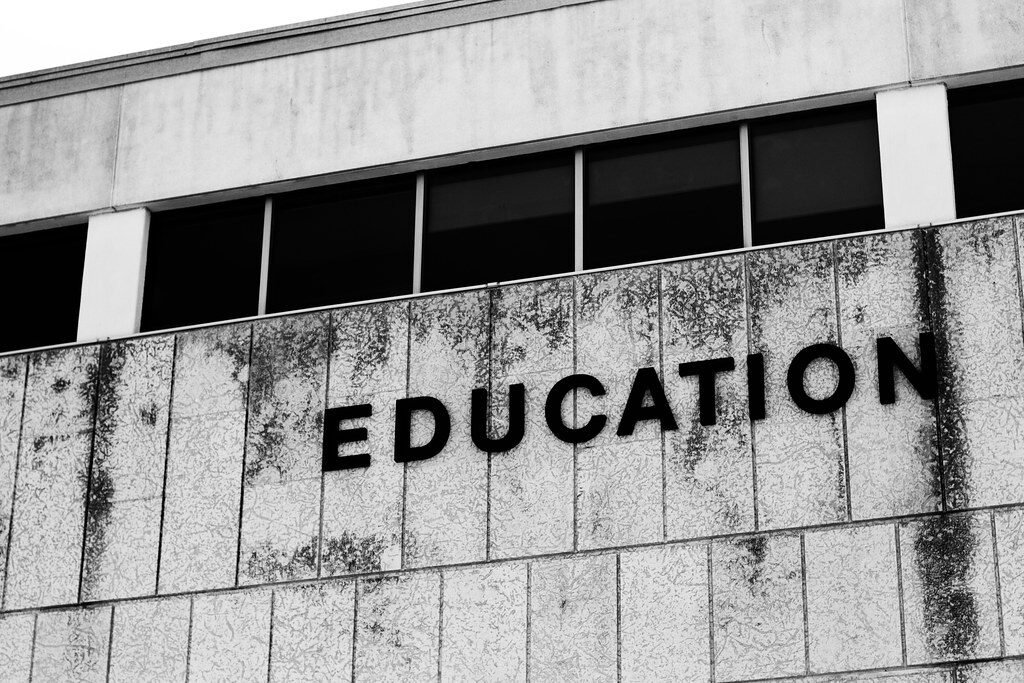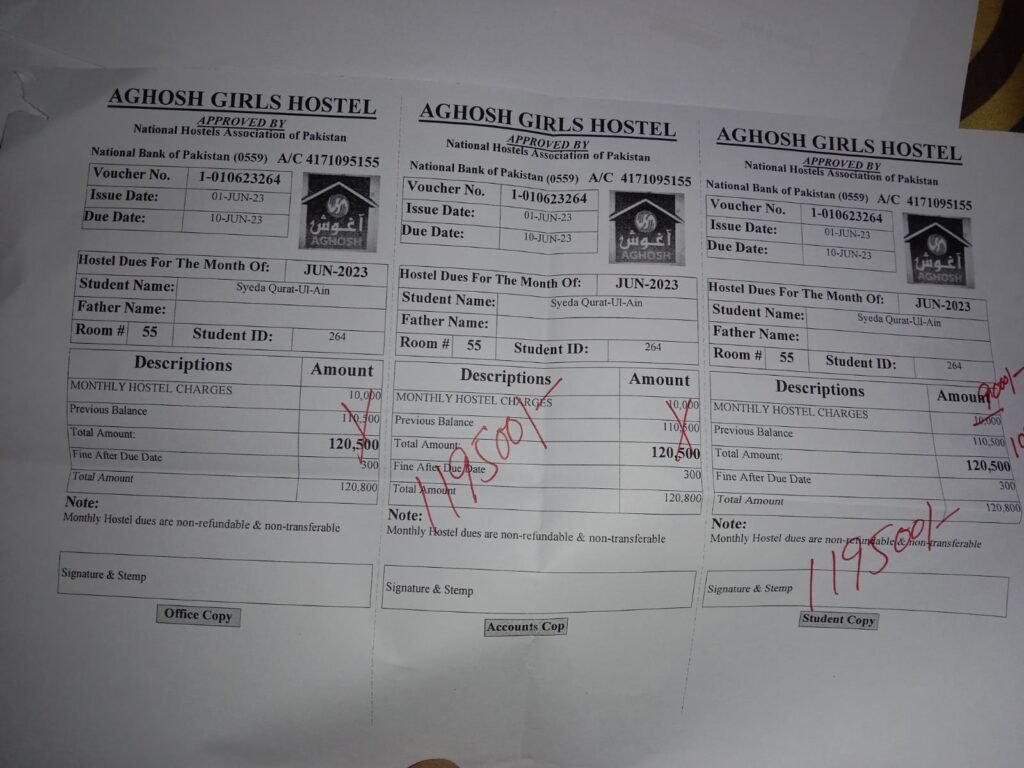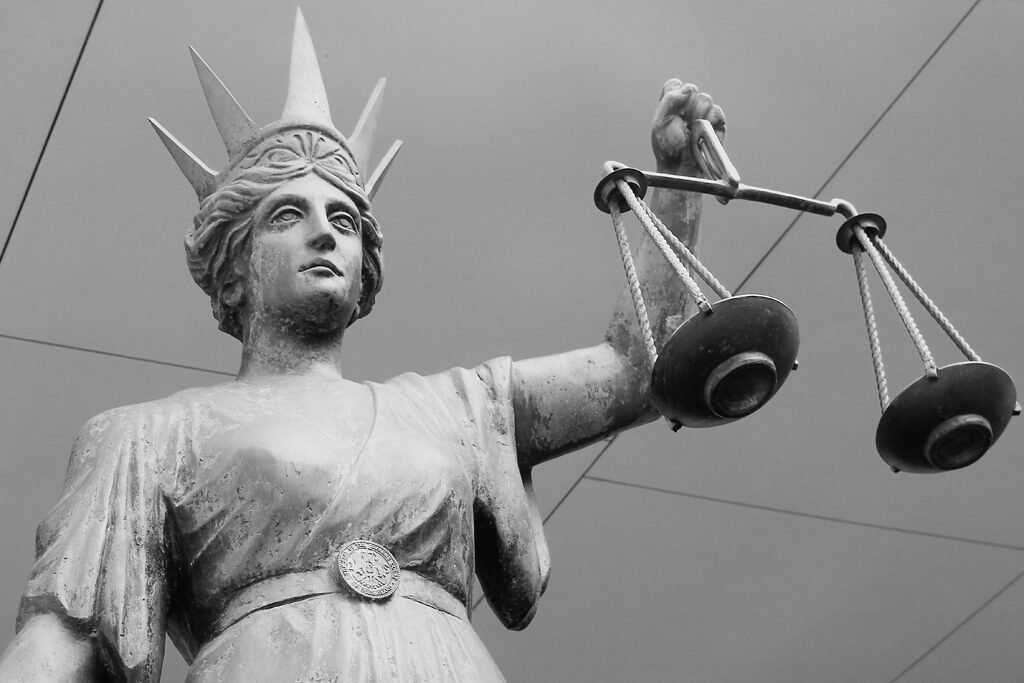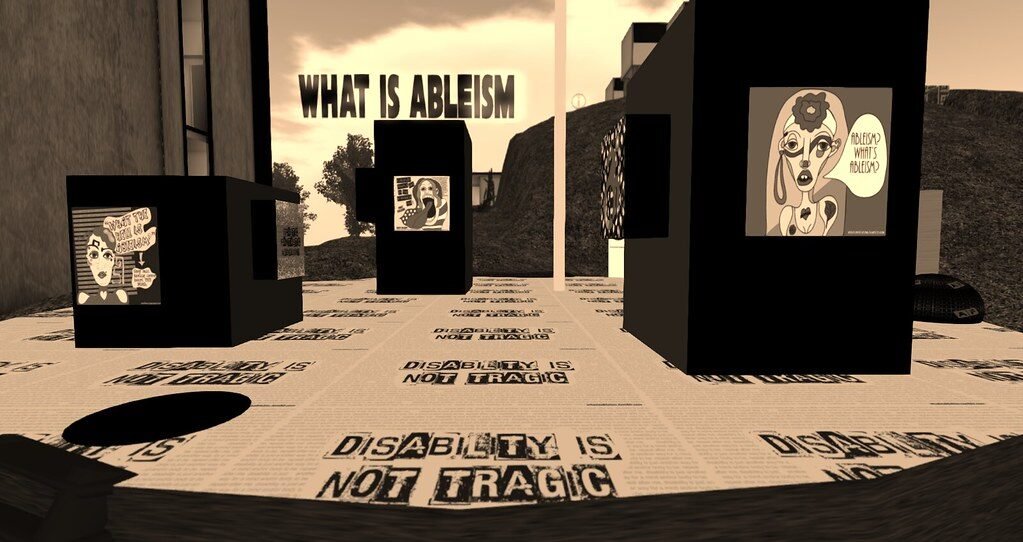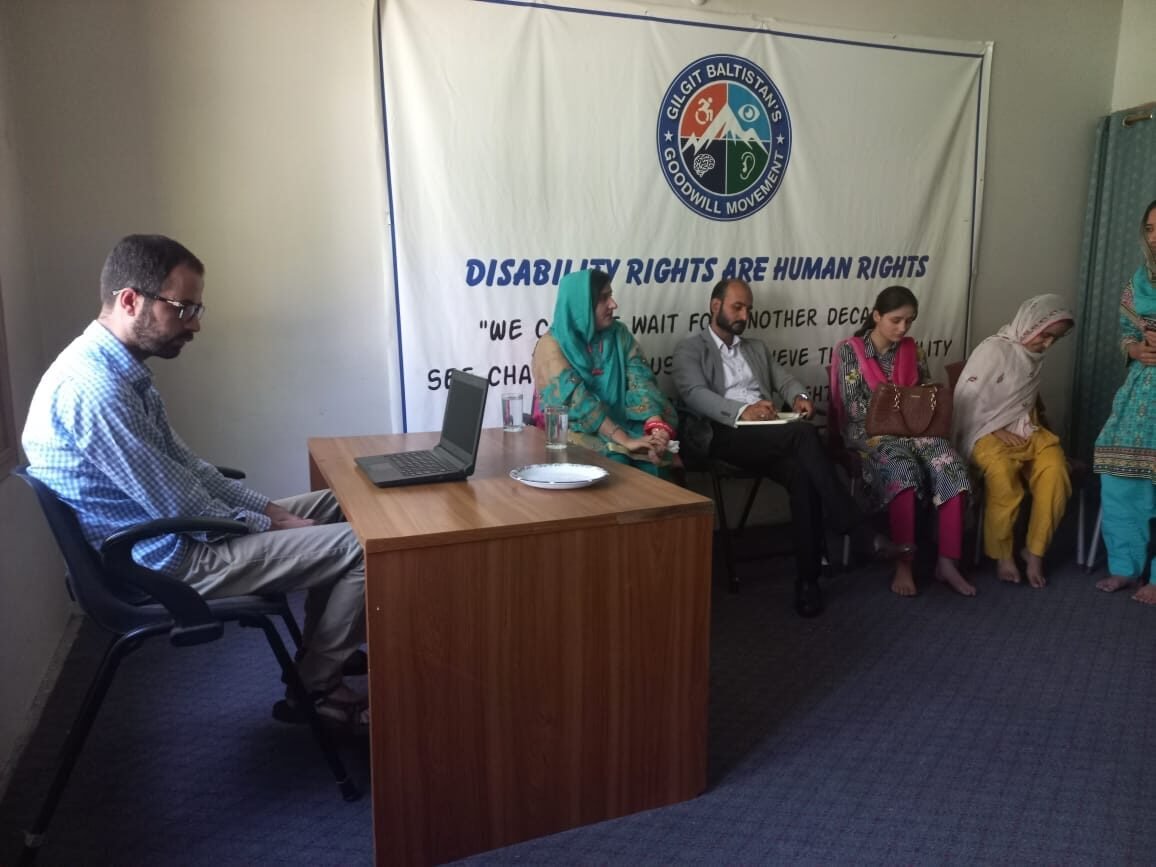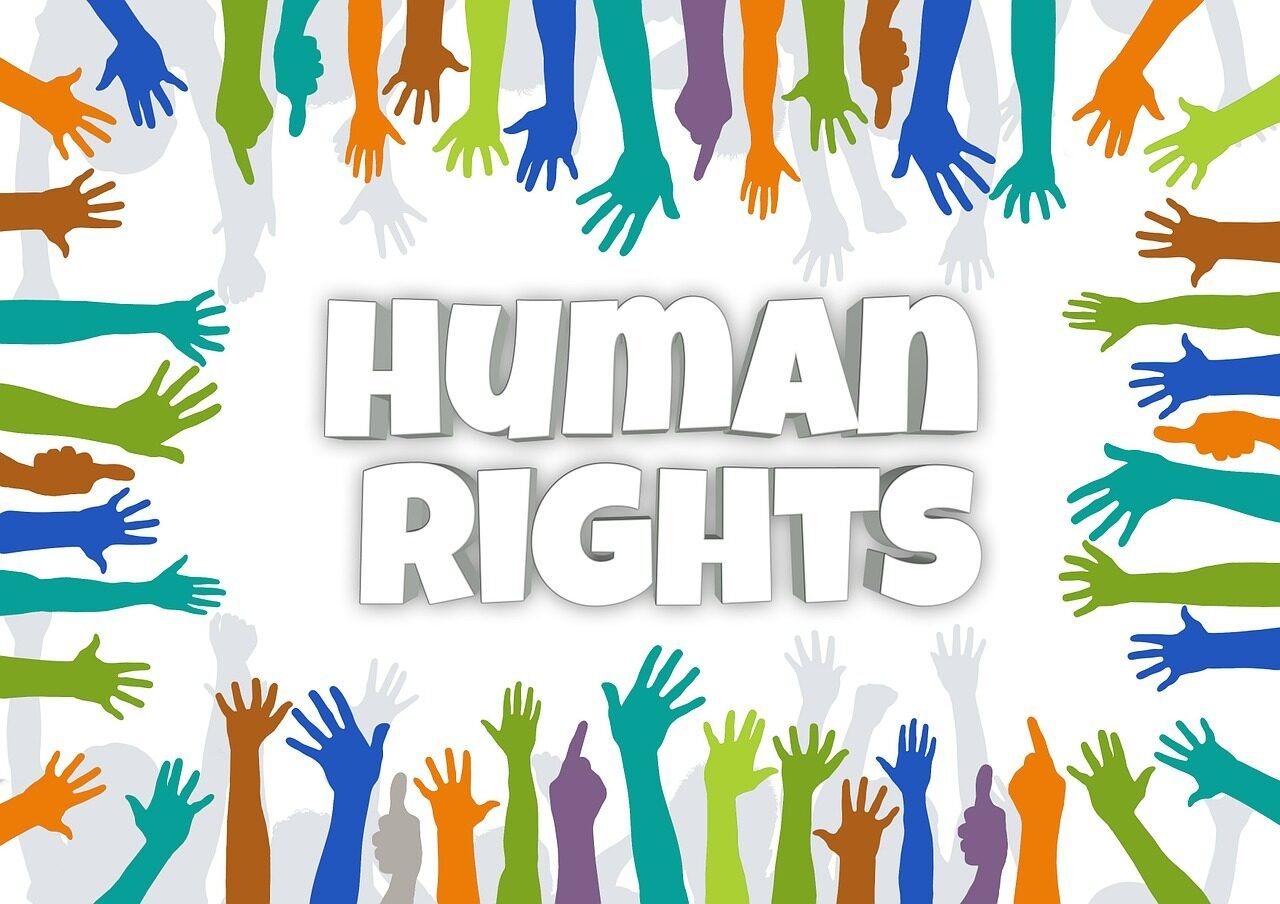Tag: human rights
Inclusivity in Policymaking for Persons with Disabilities: The Vital Role of Representation
The journey towards building an inclusive society for persons with disabilities (PWDs) demands a proactive and comprehensive approach. One pivotal aspect of this approach is ensuring that policies crafted for PWDs incorporate their perspectives and voices.
Qualifications vs personal experience – Where do disabled people fit in
Another question that is regularly asked is if the organization’s officials do not have the appropriate qualifications working on the ground, how can they pursue to gain further disabled rights? This is an excellent question with a simple answer because we have Personal Experience.
What is personal experience like for a disabled person?
If we stick to Personal experience, a person with a disability faces more political, sociological, and psychological hurdles around them. There are two phases that we should focus on, which can be divided into the learning and communication phases.
The Learning phase involves the individual’s socialization: can they play and communicate and imitate the actions of their mother? Parenting experiment. Like any mother, parents would enjoy speaking with their children: but the mother might get rejected by their family for bearing a disabled (special child) in Pakistan[1]. Farhad (1999) says, ‘Educational opportunities for children with disabilities in Pakistan and Bangladesh are seen in the context of the countries’ religious, cultural and economic development. The reason is that people do not want to accept the abnormality that they perceive [2]. Abnormality in Pakistan is often linked to disability because the notion of Parsons with Disabilities being accepted was very limited in the 90s, the generation of disabled people we focus on at home. However, that abnormality is now being challenged by disabled persons, including our partner organizations like STEP and the Hashoo Foundation in the Southern region of Pakistan and more due to social media, a positive aspect of it. Another surprise that data shows from Farhad’s work is that based on the data collected by Akbar (1989) and Richter (1996), GBGM can confirm that special education was not a priority for the government as in the south, data shows that in the 1990s there were only 210 schools in the whole of Pakistan [3].
Moving on to the communication phase, in the same article compiled by Farhad (1999), Malik 1998 states that the parents and relatives consider the disabled as an economic liability and curse of God. Government functionaries take them to be nincompoop parasites. For the general public, they are a nuisance. The disabled themselves are unaccepted by society, lose confidence in their faculties, lose self-respect, and consider themselves fit for dependence upon others and beggary. GBGM has to struggle with this. We are constantly critiqued for not being qualified like others, but is it our fault that the public does not realize it? Even the parents are pressured continuously for not accepting their disabled child. That’s why disabled people are stuck in this limbo of the communication phase, and some teenagers and adults might end up like Genie.
People have to realize that qualifications only get you so much: it is the personal experience, to add the emotions, distress and feelings that only make us more resilient as an organization. This has encouraged our ambitions to strive and struggle for our rights: whether one is living in Glasgow or Gilgit. As a team we have to work to improve the communication phase, whereby more disabled adults can use our skill development facilities.
[1] Using the Urdu Slang
[2] Ibid
[3] Gilgit Baltistan was under the state subject rule of the federal government then.
Psychological Warfare – To Judge or Not to Judge?
Looks and appearance majorly influence human beings’ actions . They know their actions when someone says, ‘ I am only human.’ The last article, which mentioned fear, did not go in-depth about how a disabled person interacts in society the previous article. When representing an organization, an individual jumps into the flight or fight response when they have to report objectively – Political or social Government policies. However, Humans rely on the aesthetic – Looks and appearances- which is superficial but needs to be addressed.
Seeing a disabled person
When one sees a disabled person walking down the street, one automatically gets into this sympathetic mode: which is acceptable; however, the person could be a scientist or a researcher, which one does not assume. It is this aesthetic factor that makes us sympathetic. In Gilgit Baltistan, though one should have sympathy, it does not mean one should think they are incapable of working or studying. Why should we assume anything when we do not have information? I recently met a person I took to the training center in Gilgit who initially could not comprehend how technology made it easier for disabled persons to interact with the world wide web. These situations are terrible to witness because it shows you that the aesthetic matters rather than the personality or the mind.
Silent Workers
The other thing is that most of the time, Persons with Disabilities do not want to disclose information about their disability often because they feel that society will ridicule them for their ‘ health issue.’ During these last few years, I have interacted with many disabled persons – from Pakistan and beyond who would not be concerned about their health issues simply because society will not accept them. We are working on a couple of cases that involve individuals due to their disability not getting any jobs Mumtaz’s story. .
These issues need to be addressed, as basically, one is saying that because of our psychological thoughts, a disabled person should not be employed. Even in Islam, the main religion of Pakistan says that disabled persons should be treated equally.
So who are we to judge based on looks and appearances
Nepotism and Favouritism in Gilgit Baltistan. Persons with Disablities.
In the Podcast by Glasgow Disablity Alliance, I realized that Persons with Disablities must express their voice more clearly and bluntly. While I do not believe conflict is the right course of action, one must promptly reform their behavior if they are doing something wrong. This is the philosophy of Life. One’s ethics and conduct determine their social capital, whether they are unable to socialize, communicate, and network within their society, etc.
In Gilgit Baltistan, someone comes into or goes into power regardless of their intellectual level and freedom of thought. Dr. Saranjam Baig highlights that in Gilgit Baltistan, we (the people) are often scared of talking about such issues as ‘ they’ might look upon this as anti-state or anti-government. While we are in no position to change past circumstances, we can do it in the future https://www.facebook.com/ibexmedianetwork/videos/539903361567231
Nepotism
While I am no one to judge or measure nepotism, the thing is that it benefits a few, not many. We have to change our ideology, precisely regarding persons with disablities. I am not accusing anyone, certainly not a disabled person, but is it not apparent that the 18 crore and 66 lakhs suited someone’s agenda rather than disabled people themselves https://gbgoodwillmovement.com/the-recent-passage-of-the-budget-by-the-gilgit-baltistans-government/. This has to stop. Pakistan is a developing country, but the awareness of persons with disablities needs more investment.
Favoritism
Once you have a nepotistic state of mind, favoritism is your right hand. I should not be saying this, but this also happens in Gilgit Baltistan. This is unethical as some organizations working for Persons with disablities have some other expertise than others, as some might work on
- Spinal Cord injuries
- Cerebral Palsy
- Visual Impairments
- Intellectual disablities such as autism
Long term consequences
Due to nepotism and favoritism, disabled people often
- Lose out on vital funding.
- Mistrust officials
- Create an environment where there is misinformation/disinformation
- Lose out on important gains being made in the struggle to achieve fully disabled rights.
Review of Care About Us Podcast.
I want to thank Jamila Shaikh of The Glasgow Disablity Alliance for giving me the honor of writing a review on the Glasgow Disability Alliance Podcast Care About Us, which can be found on Spotify, https://podcasters.spotify.com/pod/show/care-about-us.
About the organization.
The Glasgow Disablity Alliance, which I happen to be a member of, is the largest organization of disabled members in Europe and a leading, celebrated example of a grassroots community of identity driving improvements to disabled people’s lives in parallel with more comprehensive changes to policies, services, and society https://gda.scot/. It has many forums within the organization, including The BAME Network, which will be discussed later on, Drivers for Change, a Social Policy Reformist Group of Disabled Individuals, and many others you could browse in your own time.
Clash of Ideologies
Though the heading may be misleading, in this podcast, we heard the stories of disabled people who are predominantly white. While this is not meant to suggest a racial difference, it is intended to indicate how our South Asian mentality towards Persons with Disablities needs to be more apparent and voiced. For instance, the members of this podcast are Scottish and know how to communicate about such a situation, just like Rosie.
I have mentioned on my social media feed that the Scottish Disabled Youth expressed themself freely in numerous events held by the GDA https://www.facebook.com/ardi.baig/posts/pfbid02yW9TQFeCgivvFUk8r53UhHvexGUWrYufxiP1RK4cWkX1dXbeniSfxGdyG8Peitiql. Why is it the case that we do not hear of the Stories of South Asian in these communities forums? Is it because we are excluded from such meetings? NO! Rather the opposite.
Fighting against the status quo of mentality – ذہنیت
It is because we do not consider this to be an issue. Where one disabled person calls for the reform of a policy, one is suppressed, said Jamila Shaikh, GDA Official. Unlike in Gilgit Baltistan, which to an extent has been influenced by European culture through the likes of German writers publishing books on the subject, and other influences, there are sociopolitical factors that need to be discussed when discussing the issues of South Asian Persons with Disablities in the UK, including :
- Geographical boundaries
- Social settings
- Selected Morals, Values, and Belief systems
- Lack of reading culture.
I find the 4th one the most critical factor in determining this due to the lack of information we receive. For example, I just recently found out about the BAME society.
Jamila Shaikh’s vision for the GDA BAME society.
I recently met Jamila at the start of 2023, and I think we both understand the challenges for BAME society. To be clear though I am a member, I volunteer at the BAME society and help Jamila in certain events. Jamila’s work spans nearly two decades, first at the Royal National Insitute of Blind People and now at the GDA. Though her work covers dealing with
- Refugees.
- Women, particularly in the Punjab regions (Indian Punjab and Pakistani Punjab)
- Asylum seekers,
no one has supported this be it from any South Asian community.
GBGM commitment to the GDA
Though our organization is young in nature, our platform https://gbgoodwillmovement.com can be used for the promotion of the Glasgow Disablity Alliance and find commonalities with the GDA’s BAME Group in Glasgow.
If anyone wants to email Jamila, please contact her at : jamila@gdaonline.co.uk
Copyright of Image: GDA, 2023
Ableism in action – Why does it happen?
As the Pakistani poet Habib Jalib said, ‘ I refuse to acknowledge, I refuse to accept.’ Not to misrepresent Jalib, but perhaps he didn’t realize that a positive side of Gen Zia ul Haque was, in effect, that he eliminated ableism to a certain extent. That is pretty much all one can say about what Gen Zia ul Haque did that was positive – but that can be debated, and we do not want to go down the political route. I hope this acts as a guide for some to identify ableism.
Refusing to accept that society has an ableist nature
I recently reflected upon some experiences that my friends, both in Gilgit and the UK, told me of how they were discriminated against in the societies that they live in. Ableism is alive and kicking, but like everything, one cannot fully prove that ableism happened in one’s community. Yes, sentiments can hurt, but they cant be provable in a court of law. So what are some of the signs that one can notice which can indicate ableism?
Signs of Ableism
- Being empathetic for no good reason
- Rejecting one’s feelings (emotionally), be it in whichever way possible.
- Inconsiderate of Disabled people
Power versus disabled people.
Even the most left-wing character Karl Marx describes an ideal man to be ‘
the ‘ ideal man ‘[1] is someone ‘ who can coordinate certain cognitive and physiological abilities’ . So can we say that Lenin or Stalin were Marx’s ideal men or Putin be over the top. I think not and one of the point that I was alluding to in another article is society needs to get out of this zone where disabled people are all poor and must be all good Morality and Governance – How PWDS are respected – Why is this? Fear?. NO!
We do not need to keep giving disabled people just charity but also give them the skills to achieve something.
[1] Steffan Bengtsson, Out of the frame: disability and the body in the writings of Karl
Marx, Scandinavian Journal Of Disability Research, 2017. Page 154.
Human Rights for Disabled People
This is a more formal article addressing disability rights activists around the globe.
We are reporting today about the situation of Persons with Disablities in Gilgit Baltistan. Like many other mountainous regions, Gilgit Baltistan is home to the K2 and other peaks, including Rakhaposhi, Nanga Parbat, and other mountains, including the Golden Peak. Like other populations, Gilgit Baltistan has a disabled population that has been marginalized in society at a large scale.
Early Childhood Stage
As soon as a disabled person is born into a family in Pakistan, the typical actions towards them change once a ‘special person’ is identified. This person, regardless of if they face a severe disability or not, is often socially excluded from society, meaning the majority does not consider their feelings.
Childhood to Adulthood
Once a disabled person is of school age, they might attend school due to parental influence and university at a push. Still, most students do not get further opportunities in FE or the employment sector. The only schools for disabled persons, commonly known as ‘special persons or differently-abled persons,’ are found in the cities, widely referred to as district capitals.
Consequences and further implications
This then leads to Persons with Disablities suffering from
• Unequal educational opportunities
• Severe unemployment
• Severe poverty
• Poor social integration
• Multiple health issues, leading a disabled adult to be ignored by society.
Why GBGM?
As a result, many disabled activists, including myself have taken the initiative under the Gilgit Baltistan’s Goodwill Movement (GBGM), a nonprofit organization that has been working for the improvement of people with disabilities in the Gilgit Baltistan region of Pakistan for the last three years, https://gbgoodwillmovement.com/about-us/. But this nonprofit organisation faces challenges as a result of a lack of governmental support and a lack of financial support https://gbgoodwillmovement.com/the-recent-passage-of-the-budget-by-the-gilgit-baltistans-government/
Do feel free to browse and contact us for other further information, but this is a human rights issue that should be addressed and raised at the national and international levels.
- 1
- 2


